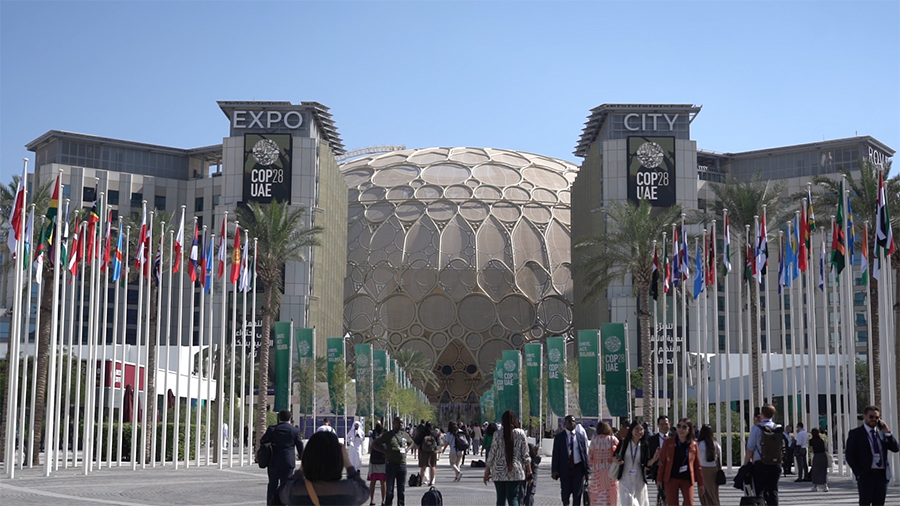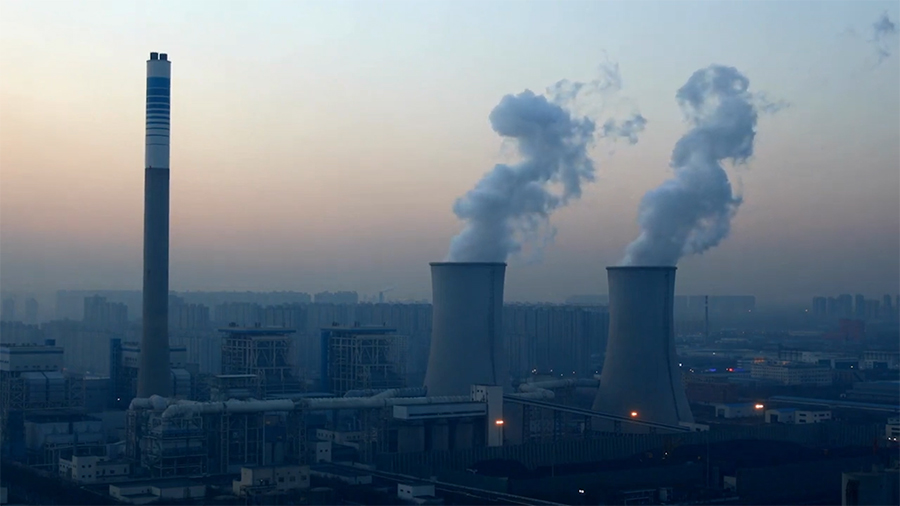
The 28th Conference of Parties, COP28, opened last Thursday with a historic deal to finally launch and capitalise a fund that helps the most vulnerable countries deal with the worst effects of climate change. The loss and damage fund was an early win for the crucial talks in Dubai. Loss and damage have long been sought by countries on the front lines of the crisis that have often done the least to cause the problem. So, what has happened so far and what can we expect before the summit concludes on Tuesday?
The conference had a strong start with a historic agreement on loss and damage, creating hope worldwide for progress at Dubai’s Expo City.
The initial days saw eleven commitments and statements covering important areas like food, peace, recovery, renewable energy, efficiency, methane, and reducing emissions from heavy industries.
For instance, the food declaration, endorsed by more than 100 countries, aims to prioritise climate concerns in agriculture.
Additionally, it is essential to increase climate finance to tackle climate change.
The COP presidency announced on Wednesday that more than USD 80bn have been gathered, including funds dedicated to addressing loss and damage.
Eight years ago, the world made a promise in Paris to slow down global warming. Now, at COP28 in Dubai, it is time to review and grade our efforts for the first time. The report card, called the Global Stocktake, will be a significant outcome of the climate summit. Even though nearly 200 countries will agree on the final details in Dubai, the main message is already clear: we need to do more.
The report will also suggest actions to keep the global temperature increase within the Paris Agreement goal of 1.5°C.
Negotiators are now working long into the night, particularly on the global stocktake. This will assess how the world is doing in its goal – agreed to in Paris in 2015.
After this, leaders must take the important lessons from the stocktake and apply them to their environmental policies in their own countries.
Since the next stocktake won’t happen until 2028, the Dubai summit is seen as a crucial opportunity to make necessary changes before it is too late.
 One of the key issues at this summit is the future of fossil fuels, the primary driver of global emissions.
One of the key issues at this summit is the future of fossil fuels, the primary driver of global emissions.
More than 100 countries, including the US and the EU, have already said they want to see a “phase out” of fossil fuels.
Hard talks lie ahead as countries such as Russia and Saudi Arabia have been historically resistant to language like “phasing out” fossil fuels.
The second week of COP28, which begins today, will see the presidency take a more active role in the process. It will identify areas where work needs to be done, help countries find common ground and try to guide the talks to a successful outcome on Tuesday.
Sherub Dorji










